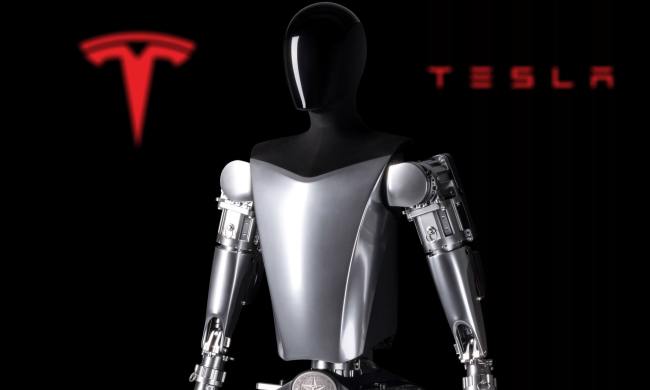Science fiction has long inspired real world technology and the Star Trek series has lead the way with some of the most innovative and fantastic concepts around. We’re still far from inventing teleportation machines but the Qualcomm Tricorder Xprize competition has set a more attainable goal — to develop a portable medical diagnostic device similar to the one used in the Star Trek universe.
To qualify for the competition’s top prizes — $6 million for first place and $2 million for second place — the device must be able to monitor five vitals signs and diagnose 13 health conditions with at least 70 percent accuracy. After four years, the 29 competing teams have been whittled down to two.
There were few rules regarding the tricorder’s design so teams Dynamical Biomarkers Group and Final Frontier Medial Devices have advanced in the competition with distinct designs for their respective devices.
Dynamical Biomarkers Group’s device looks something like a fax machine with three separate modules to test an array of things like heart rate, blood pressure, and blood-urine biomarkers. An app helps guide users through each test without the need for a physician.
Final Frontier Medical Devices’ DxtER employs non-invasive sensors and an artificial intelligence algorithm to help diagnose conditions like pneumonia and obstructive pulmonary disease. DxtER is likewise designed to function independently or in concert with a physician.
“It is an impressive achievement for these two teams to advance to the consumer testing stage of the competition with their devices,” Qualcomm Tricorder Xprize lead Grant Campany said in a press release. “This stage not only takes us one step closer to transforming sci-fi vision into a real-world impact but more importantly, we are another important step closer to bringing a very user-friendly device to consumers around the globe, allowing them to proactively manage their own health in a way that has never been done before.”
In the competition’s final round, consumers will be trained to use the devices for personal diagnoses, which will be compared to examinations by physicians to determine accuracy. The winner is expected to be announced early in 2017.


